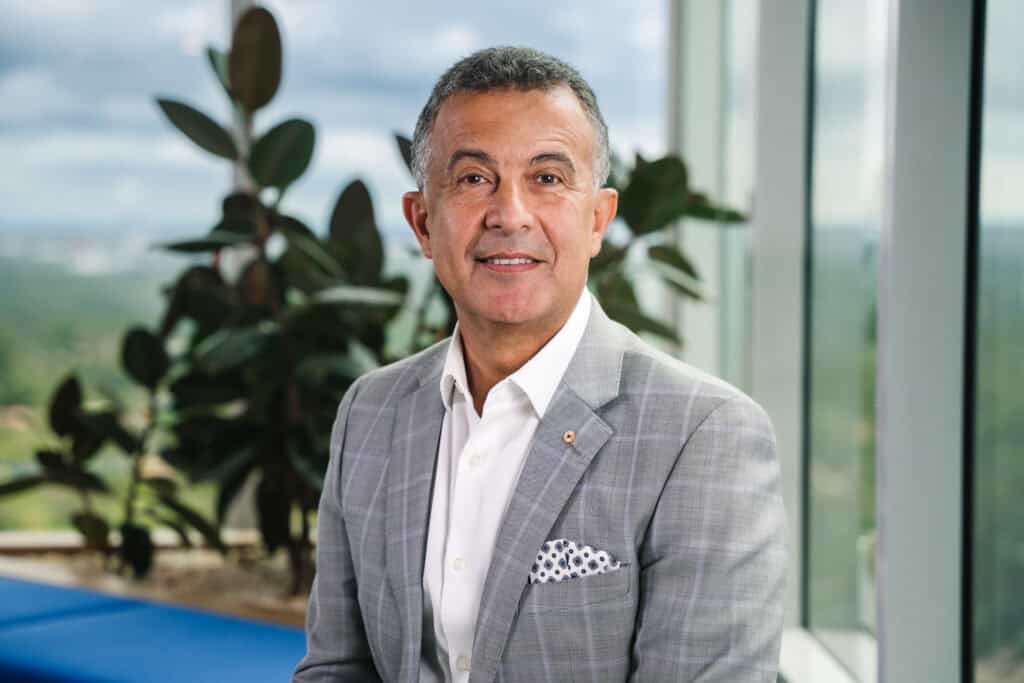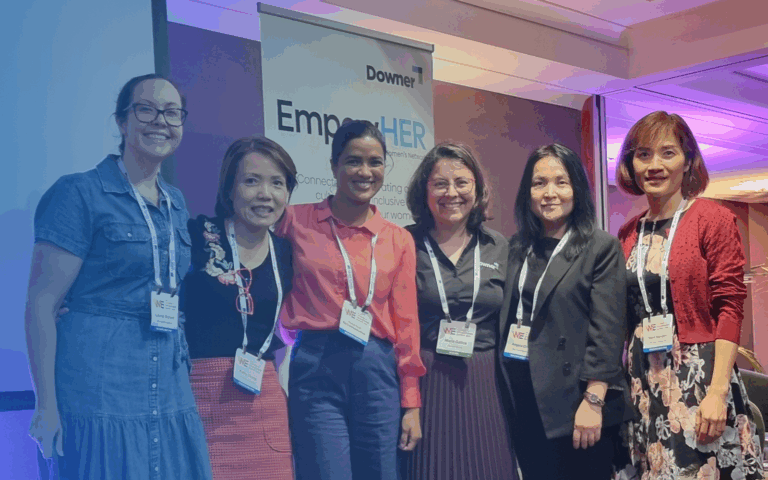Our communications industry is known for its relentless evolution, and today, the pace of change is accelerating faster than ever.
Over my 25 years in the telecommunications and broadcasting sectors—including almost 8 years as CEO and Managing Director at SBS (Special Broadcasting Service)—I’ve witnessed these industries transform as the world becomes increasingly digital, consumer expectations rise, and changes in audience behaviours drive innovation out of necessity.
My long-standing relationships with partners like BAI Communications (BAI), who I worked closely with for 16 years, was a significant factor in my decision to join BAI as a Non-Executive Director of the Board just over a year ago. In this past year, the rapid changes in our sector have presented both opportunities and challenges. Fortunately, we are not alone in addressing these issues; our customers and partners face similar pressures. As sector leaders, communications providers like BAI have a crucial role in helping our customers navigate these challenges. From my perspective, I see four major opportunities:
- Adapting to shifting audience demands
Broadcasting remains a popular and reliable platform, but there is a noticeable shift as audiences explore new digital mediums to complement their free-to-air experiences. Public and commercial broadcasters alike are seeing this trend impact audience numbers and content preferences. To stay relevant, our broadcasting customers need partners who can adapt, embracing new digital opportunities while maintaining high-quality broadcast options. Innovation is crucial for Australia’s broadcast sector to remain efficient, reliable, and sustainable. It’s up to all of us to continue evolving and adapting. - Creating new offerings
Innovation isn’t just about evolving existing markets; it’s about creating new ones. For the telecommunications sector, products like shared infrastructure networks not only drive efficiency, they represent a chance to redefine how we engage with customers. By anticipating future needs and staying ahead of our customers’ expectations, we position ourselves as valuable partners who bring new solutions to the table. Though transitioning to new offerings can be challenging, it’s essential for maintaining our critical role and relevance. - Embracing diverse talent
Our industry is driven by people, and we’ve seen a significant influx of diverse talent shaping our sector’s transformation. The rise of women and other diverse voices in telecommunications brings fresh ideas and perspectives, reflecting the broader Australian community. I believe diversity is an organisational superpower, enhancing our ability to solve problems and serve our customers better. By embracing diverse talent, we improve our understanding of different audience needs and strengthen our organisation. - Strengthening customer relationships
Our final opportunity lies in solidifying and building on our trusted relationships with customers. My 16-year experience with BAI, primarily as a customer, has shown me that dependability and expertise are vital in developing strong, lasting partnerships. As our customers face significant pressures, maintaining and building trust remains a top priority. By staying committed to these relationships, we ensure we are seen as true partners in navigating the challenges ahead.
Change presents challenges, and many of our customers have faced some of the toughest years in recent memory. However, looking ahead, I am optimistic about our sector’s future. By focusing on strong, trusted partnerships and nurturing a pool of talented, innovative professionals, we can turn the changes we face into opportunities. The future of communications will undoubtedly be different, but it promises to be full of potential, given the vital role communications and media play in everyday life.
Michael Ebeid is a Non-Executive Board Director at BAI Communications, bringing over 35 years of leadership experience. His past roles include, CEO & Managing Director at SBS, Director of Corporate Strategy and Marketing at ABC and senior positions at Optus, Telstra, and IBM. Michael is also currently the Chairman of Screen Australia, a Non-Executive Board Director at The Sydney Opera House, and an Independent Advisor to KPMG’s National Board. In 2017, he was honoured with an Order of Australia medal for his services to Media and Multiculturalism and received an Honorary Doctorate from the University of Western Sydney for his services to Media.







